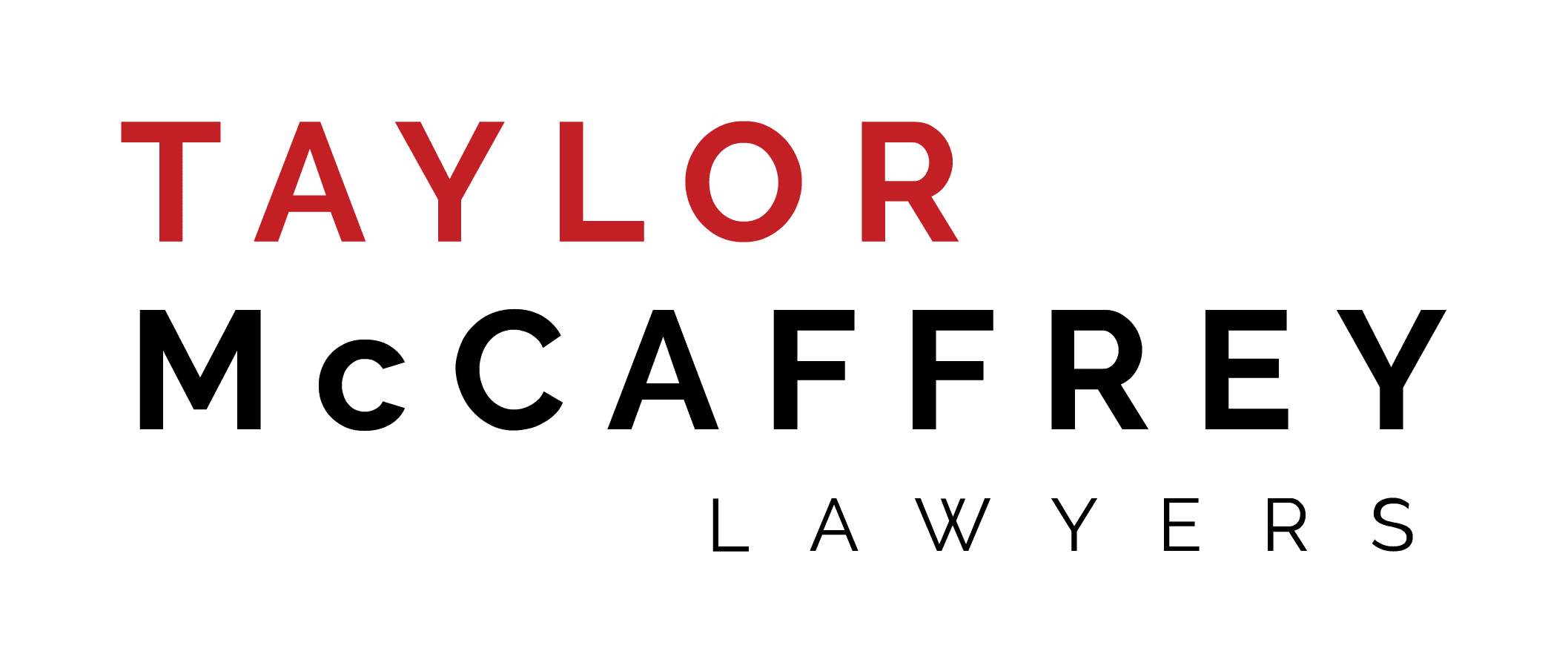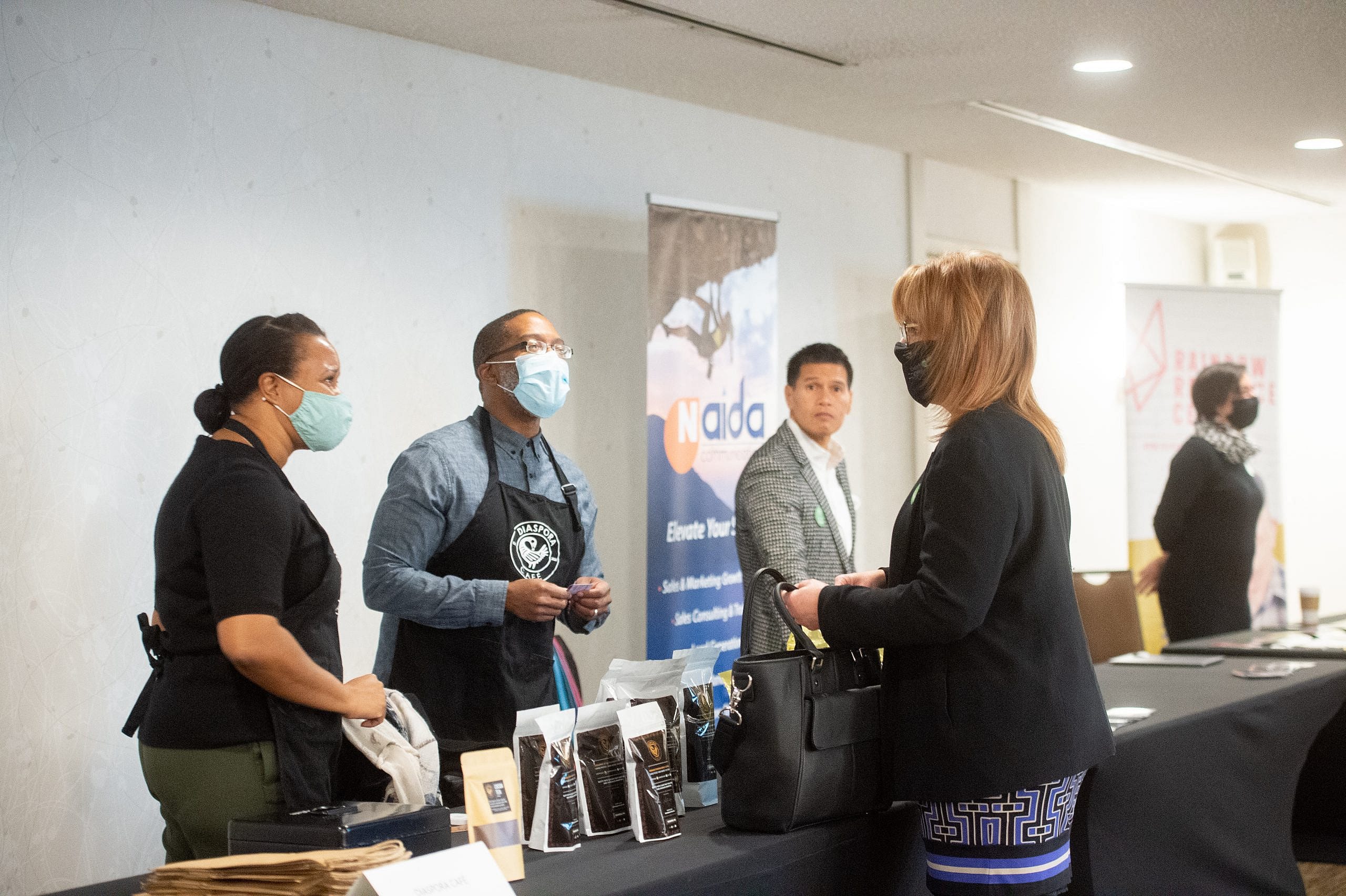7-minute read
As restrictions begin to lift many of our members are asking the same questions– are we allowed to continue to ask for proof of vaccination? Can I still have a mask mandate in place?
To help us answer these questions, we sat down with Taylor McCaffrey LLP, to provide a legal perspective, and Staffmax, an HR perspective, to help provide our Winnipeg business community with some guidance as we continue to navigate the pandemic.
 |
 |
Are businesses allowed to continue asking for proof of vaccination?
Jeff Palamar, Taylor McCaffrey LLP- Yes. The Province has announced that as of March 1, 2022 Manitoba’s proof of vaccination requirement was no longer mandatory, but the immunization card and verifier app will continue to be available for this purpose. It is of course impossible to predict how long this will be the case. As an alternative however, proof of vaccination can also be verified with the pan-Canadian proof of vaccination credential (PVC). As of this writing, there has been no indication the PVC will be de-activated anytime soon.
If businesses decide to maintain a vaccine mandate for their staff or customers, how do you suggest they go about that?
Kevin Gill, Staffmax- We suggest that they first review current arbitration decisions on the vaccine mandates to see examples of what has been a strong, legal policy and what has not. When building the policy, businesses should be mindful that they allow room for medical and religious exemptions. As per the current case law, it would also be best to have a testing requirement for those who do not choose to get vaccinated. We recommend that businesses who do not already have a vaccine mandate, give adequate notice when the policy is rolled out for those who do choose to get vaccinated, 8 weeks should be sufficient.
Jeff Palamar, Taylor McCaffrey LLP- Absolutely! Subject to human rights considerations and collective agreement issues, businesses can choose to require proof of vaccination, or not, depending on their own circumstances. Apart from public health orders, businesses have general legal obligations to take all reasonable steps to ensure a safe workplace. Depending on the nature of the work, the nature of those who work there and the nature of customers, a business may well be legally obliged to continue to require proof of vaccination.
Even if not a legal obligation, businesses generally have the right to make business decisions. If for example workers or customers are more comfortable coming to an environment where everyone has been vaccinated, then the business may decide to require that, not because it legally must do so but because it makes good business sense to do so. Conversely, the views of workers and customers could be such that it might make good business sense not to require vaccination.
Things could be a bit more complicated for staff in the context of a unionized workplace where an employer might have to justify to a third-party arbitrator that its policy was objectively reasonable in the context of its collective agreement.
 Can businesses require staff or customers to wear masks past March 15?
Can businesses require staff or customers to wear masks past March 15?
Jeff Palamar, Taylor McCaffrey LLP- The considerations are the same as with vaccination mandates, and subject to the same potential human rights considerations and collective agreement issues. Businesses have a potential general legal obligation to require staff or customers to wear masks past March 15, as part of maintaining a safe workplace. If there is not such a legal obligation, however, businesses might decide to require masks all the same or might choose for business reasons not to do so.
Are there any human rights concerns with continuing vaccine and mask requirements?
Jeff Palamar, Taylor McCaffrey LLP- There are, but these are largely theoretical concerns as opposed to practical ones. In theory, anyone with religious beliefs or a medical condition that would prevent that person from being vaccinated or wearing a mask would be entitled to reasonable accommodation to the point of undue hardship. That would involve a balancing process with the business required to undertake an investigation of all relevant factors and come up with a fair and objective conclusion on the conflict between the policy and the individual’s needs and entitlements.
The practical reality however is that there will be very, very few people who genuinely have religious beliefs or a medical condition that would trigger the legal obligation to accommodate reasonably to the point of undue hardship.
How do businesses deal with staff or customers who insist they “legally” don’t have to wear a mask or provide proof of vaccination?
Kevin Gill, Staffmax- For customers, businesses simply have the right to refuse entry. Do be prepared to provide accommodations (curbside pick up as an example) and advertise them accordingly. Remain firm, but kind. For the kind of people who would kick up a fuss, they are looking for a reaction. Don’t give it to them.
For staff, we are huge fans of education. Advising them of what is and is not allowed via the Charter and sharing information on current case decisions, along with giving them the option for regular testing should overcome some objections. For staff that take a hard line and refuse masking, vaccination, or testing, you do have the power to dismiss the employee.
 What have you been hearing from your clients regarding the mask and vaccine policies?
What have you been hearing from your clients regarding the mask and vaccine policies?
Jeff Palamar, Taylor McCaffrey LLP- For the most part my clients have been adopting a wait and see attitude. While we all want the pandemic to be over, simply because the public health orders have changed does not necessarily make it so. There will no doubt be others however who take a more cautious approach and so the challenge for businesses is going to be finding a way which best accommodates their particular workers and customers.
Do you have any advice for businesses moving forward?
Kevin Gill, Staffmax- Always be aware of current guidelines, past case law, recent arbitrations and/or court decisions, and pivot accordingly.
Jeff Palamar, Taylor McCaffrey LLP- Businesses should be open to ongoing and likely rapid change, keep informed as to legal and public health developments, and make informed decisions based on their specific circumstances. Simply copying what others seem to be doing means always playing catch-up and making business decisions based on factors that may have little or no application to the actual situation at hand.
Get in touch with Kevin and Jeff if you have any further questions.
| Kevin Gill President, Staffmax [email protected] |
Jeff Palamar Labour and Employment Lawyer, Taylor McCaffrey LLP [email protected] |




